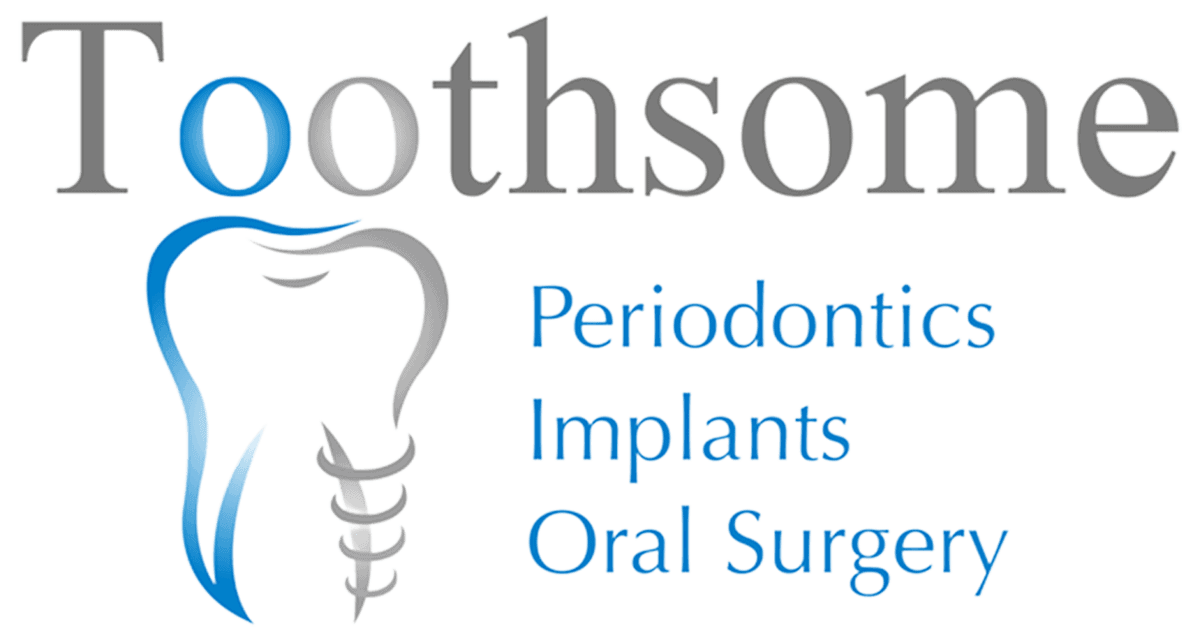
If you have ever felt a sharp pain after eating or drinking something cold or hot, you may be experiencing excessive tooth sensitivity. Sensitive teeth can limit your dietary choices and prevent you from caring for your teeth and gums properly.
Poor oral hygiene due to tooth sensitivity can cause more serious dental issues which may require extensive dental treatment. Understanding what causes sensitive teeth can help you address the problem and improve your oral hygiene and enable you to enjoy your favourite food and beverages.
What is Tooth Sensitivity?
Your teeth are composed of several layers of material, each of which has an important function.
- Enamel
The hard white outer layer on the outside of your tooth’s crown is called enamel. This layer protects the interior layers from damage and ensures your teeth are durable enough to withstand mechanical wear and tear from daily chewing.
- Dentine
The next layer is called dentine. Dentine is a softer layer that extends from the crown into the root of the tooth and is composed of tiny microtubules that lead directly to the nerves in the pulp.
- Cementum
The root of the tooth is surrounded by a hard layer called cementum. Little fibres called periodontal ligaments connect the cementum of the tooth to the surrounding bone to stabilise the tooth.
- Pulp
The pulp is the area of the tooth that contains blood vessels, nerve endings, and living tissue.
Tooth sensitivity occurs when the enamel or cementum is worn away or damaged, and the dentine is exposed.
When dentine is exposed to hot, cold or sweet substances, the pressure in the dentinal tubules changes which upsets the nerve endings in the pulp cause a shooting electric shock type pain.

What Causes Sensitive Teeth?
- Teeth Grinding
Bruxism, or grinding your teeth at night, cause the enamel of your tooth to wear down and expose the dentine underneath. It is typically caused by stress or a sleep disorder. However, it can also be caused by missing teeth or jaw misalignment.
- Tooth Decay
Tooth decay is the primary cause of tooth sensitivity and occurs when the enamel is damaged causing a cavity. It can also occur due to worn fillings that leak, as well as chipped or broken teeth.
- Receding Gums
Receding gums is a form of periodontal disease that causes your gum tissue to pull away from the surface of the tooth, exposing the root. This can lead to cementum erosion and increase the risk of tooth decay. This is a serious issue that may require periodontal therapy.
- Aggressive Brushing and Flossing
Aggressive brushing and flossing can damage soft gum tissue and is a significant contributor to receding gums and gum disease. Over-brushing can also erode enamel leaving your teeth vulnerable to tooth decay and sensitivity.
- Gum Disease
Symptoms of gum disease including inflamed, tender and bleeding gums can cause the supporting connective tissue to weaken exposing the root of the tooth and causing sensitivity. In most cases, the only solution is gum disease treatment at your local dental clinic.
- Temporary Post-Treatment Sensitivity
Professional cleaning, whitening treatments and some other dental procedures may cause temporary tooth sensitivity as the enamel needs to remineralise after treatment. This discomfort should last no longer than 24 hours.
- Soft drinks and juices
Some drinks are very acidic and constant sipping of these drinks throughout the day can lead to erosion of teeth. If the enamel of the tooth erodes away then the dentinal tubules can be exposed causing sensitivity.
Treating Tooth Sensitivity
Visit your dentist at the first sign of a flare-up for a proper assessment of the cause of the sensitivity. Depending on what causes sensitive teeth, there are a number of different dental treatments that can eliminate or reduce tooth sensitivity ranging from non-invasive toothpaste to surgical gum disease treatment. If you experience discomfort due to tooth sensitivity, visit Toothsome for a consultation. Depending on your oral health, we may suggest the following:
- Medicated Toothpaste or Rinse
Specially formulated toothpaste or mouth rinses can help to remineralise enamel to prevent wear and tear for mild to moderate cases of sensitivity. Some formulas also contain blockers to seal dentinal tubules.
- Change Your Toothbrush and Brushing Technique
Simply switching to a soft-bristled brush and using the correct brushing technique will allow your teeth time to heal and reduce sensitivity.
- Nightguard
For people who grind their teeth, a customised nightguard acts as a protective barrier between your teeth to prevent enamel erosion.
- Gum Graft
Severe cases of gum recession may require a surgical gum disease treatment called a gum graft. A small amount of tissue is grafted to the area where the gum is receding and protects the exposed root while the gum tissue regenerates.
Final Word
Don’t let tooth sensitivity stop you from enjoying the food and drinks you love. Simple changes to your oral hygiene routine can stop enamel erosion and support healthy gums.
If you experience discomfort due to tooth sensitivity, call Toothsome at one of our Sydney-based dental clinics to book a consultation and discuss gum disease treatment options, so we can help you smile with confidence.
NOTE: Any surgical or invasive procedure carries risks. Before proceeding, you should seek a second opinion from an appropriately qualified health practitioner.


